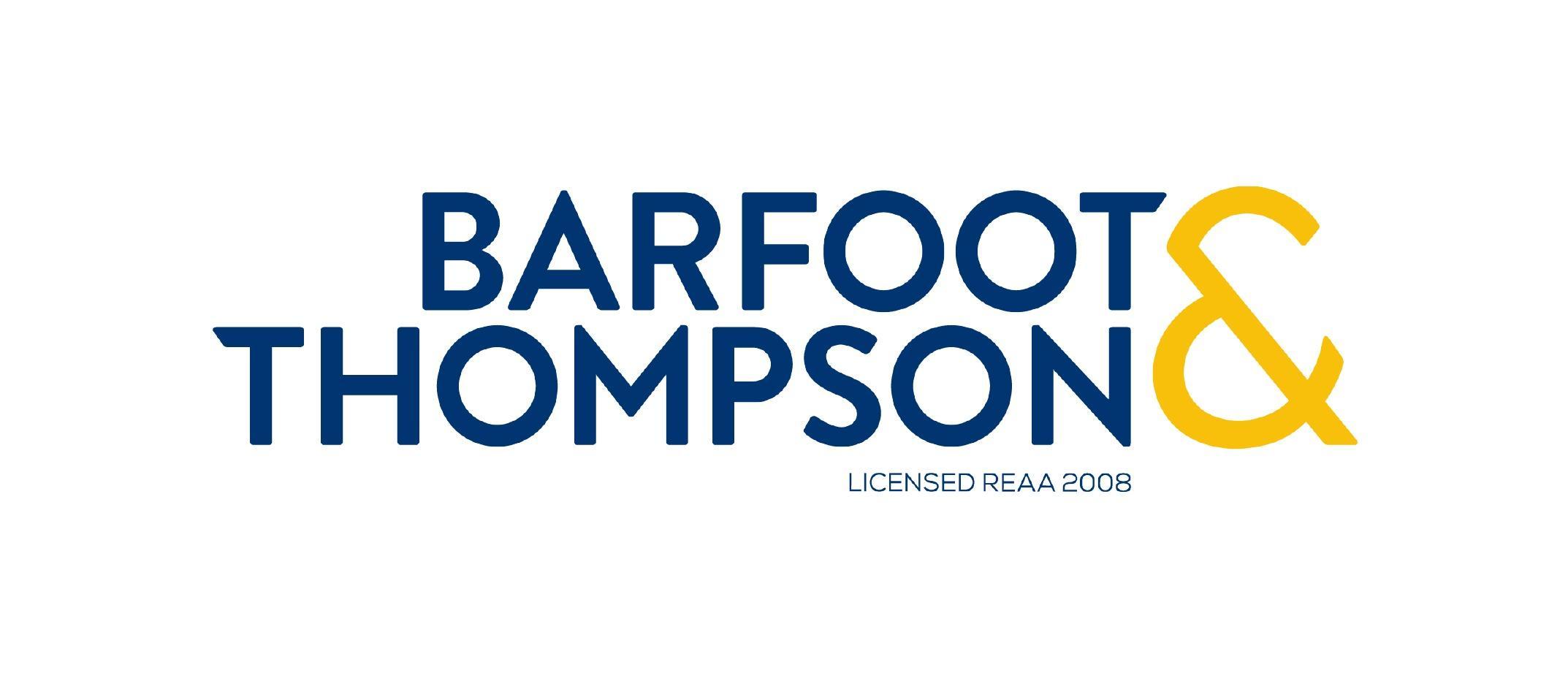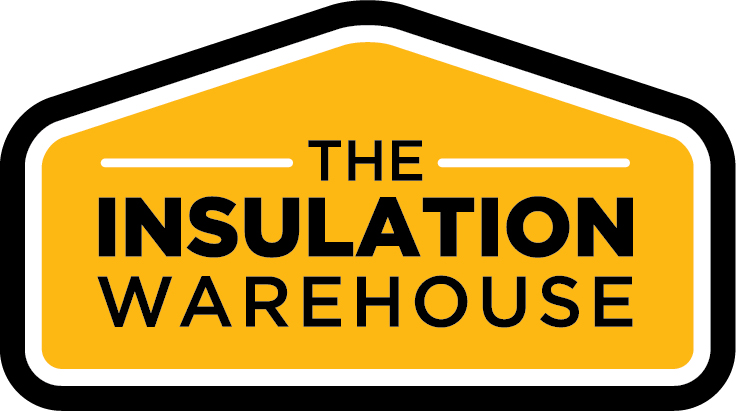The fact that you are reading this blog tells me you have more than a passing interest in creating wealth. But before there is a meaningful wealth creation plan there has to be clarity on how wealth is defined.
Many of us are conditioned by our culture to believe that sustainable wealth is only achieved with a 9-5 job that gives you a six figure annual salary. So we strap ourselves to our jobs for regular pay cheques. We go all out gunning for that pay-rise by putting in extra hours and outperforming our peers. We are both accustomed and dissatisfied by our levels of income. So we keep doing more, in order to earn more. But time will eventually run out. One day, we will no longer be able to work. What happens then? All the tens of thousands of pay cheques we earn in one lifetime cannot buy us more time. Even if they do buy us more time, would you want to spend it working?
So how do we conceptualise wealth in a way that gives us a realistic barometer on our real financial well-being?
I believe the answer can only be found if we radically depart from the traditional income-based assessment and embrace the concept of achieving wealth through a cash-generating asset-base. Consider a retirement fund (such as KiwiSaver) that sees you through your later years, that in itself is an asset-base which you would have had to invest in during your working years. The Kiyosaki doctrine of wealth also talks about acquiring more assets rather than acquiring more income. In fact, seasoned investors at APIA are those who may not have the highest levels of income but are incredibly well-attuned to the qualities of assets (i.e. properties) and their abilities to generate cash returns.
I am confident that a rewarding and sustainable wealth plan is attainable by the simple understanding that the money coming in has to be greater than the money going out. By focusing on acquiring cash generating assets, we can overcome the barrier of time and age and secure our financial well-being with a continuous stream of incoming cash.














Add Comment